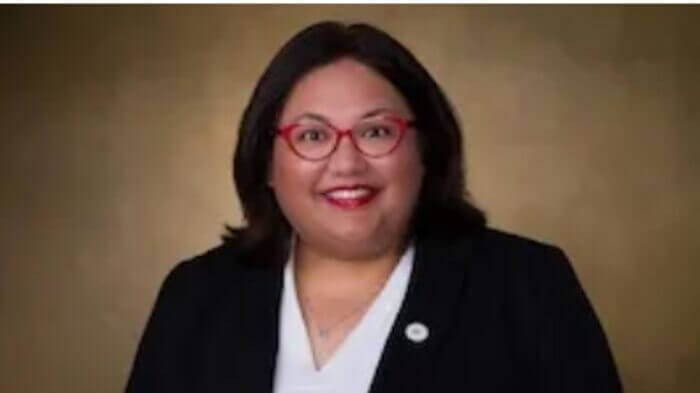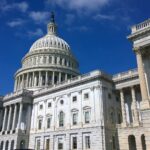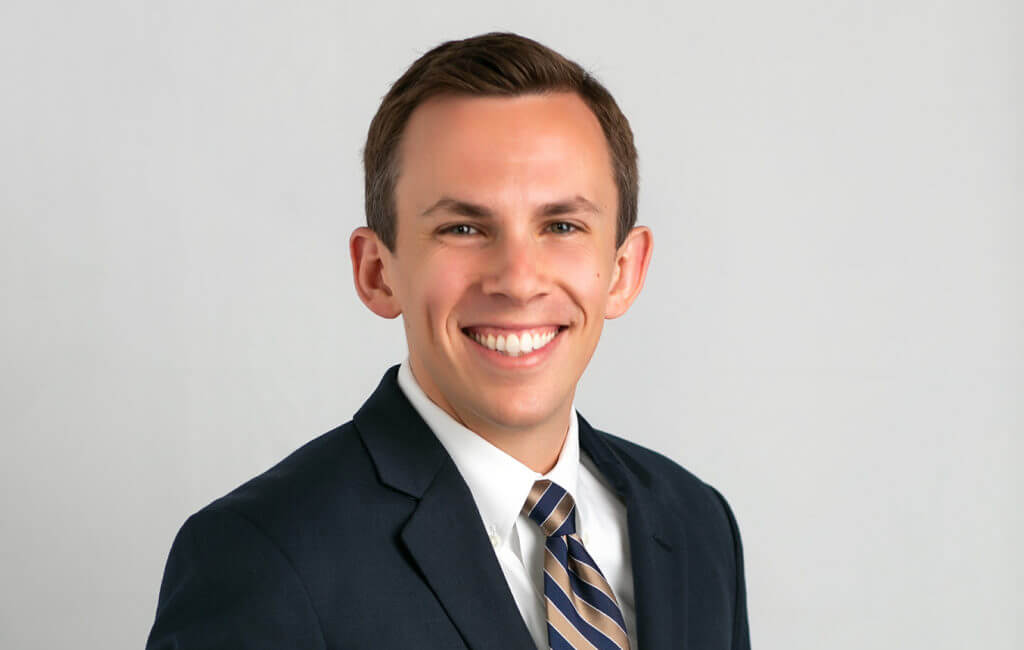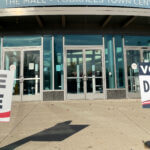Smith: Don’t derail Mississippi’s education momentum with vouchers and “choice”
By Dalisay Louise Smith, Vice President, Mississippi Association of Educators
When legislators talk about “school choice” and diverting public dollars to private schools, they often package it as empowering parents, but after years of underfunding and unfair criticism, Mississippi’s public education is seeing measurable success.
According to the latest Kids Count Data Book, Mississippi was ranked #16 in the nation for K-12 education. Our fourth graders have led the nation in reading and math gains on the National Assessment of Educational Progress (NAEP) rankings, and graduation rates have reached historic highs.
There are so many wonderful things happening in Mississippi for public education! Now is not the time to pull away from a shared system that is working. Vouchers and unaccountable “choice” schemes threaten the progress of the many in favor of a few.
The adage “it takes a village to raise a child” has never been true. Educators are not seeking to replace parents but to partner with them. Schools consistently plead for parents to be active participants in the educational process.
Public schools are our community’s schools, run by local boards, funded by taxpayers, and accountable to the public. Suggesting that only private or home options are legitimate undermines our collective investment that ensures EVERY child, regardless of income or zip code, has access to quality education.
Mississippi’s recent gains were not driven by privatization. The state directs a very small percentage of K – 12 funding to private programs. Our progress stems from intentional public investments in early literacy, PreK expansion, teacher support, accountability, and local district innovations.
Yet Mississippi has chronically underfunded its schools. Since the Mississippi Adequate Education Program (MAEP) was created in 1997, legislators have only fully funded it twice, leaving a cumulative shortfall exceeding $3.3 billion. Even in 2023, despite revenue surpluses, education was shorted by $161 million. The 2024 Mississippi Student Funding Formula provided roughly $50 million less than full MAEP funding would have been delivered.
We cannot afford to carve public money away from schools already asked to do more with less. Each diverted dollar reduces resources for classrooms, support staff, fine arts programs, counselors, nurses, and special education. Who truly benefits—and who loses—when vouchers enter the system? These programs primarily serve affluent families already able to afford private school tuition.
They cluster benefits in urban areas, where private schools are more abundant, leaving rural Mississippians with fewer options and underfunded local schools. When voucher programs win, public-school students and their teachers lose—facing larger class sizes, fewer resources, and diminished support in the classrooms where most Mississippi children learn.
Public schools are accountable through testing, audits, and transparency. Voucher funded schools, however, are rarely held to the same standards. Many select their students, exclude those with disabilities, or cloak financials in privacy. Public dollars deserve public oversight. If a school takes tax money, it should be held to the same accountability expectations as every Mississippi public classroom.
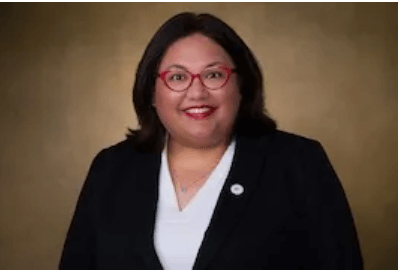
Other states offer clear warnings. In Tennessee, voucher students underperformed compared to their public – school peers. In Arkansas, costs ballooned, and private schools hiked tuition, excluding low – income families. Louisiana’s choice of expansion deepened budget gaps. Mississippi should learn from these examples: when states funnel public money into private schooling, inequality grows while outcomes stagnate.
Rather than dividing limited resources, Mississippi should double down on what works. Fully fund the Mississippi Student Funding Formula so districts can operate reliably. Expand early literacy and math intervention programs. Support teacher recruitment, retention, and development, particularly in rural areas. Strengthen support for special education, fine arts education, counseling, and technology. Encourage innovation through magnet programs, dual enrollments, and career – tech centers within public systems.
Proponents of vouchers call “choice” freedom, but real freedom is not abandoning public responsibility. It is building a society where every child, regardless of income or geography, can attend a great public school. Mississippi’s progress proves what collective investment can achieve. We should not dismantle progress with policies that favor the few. Public dollars belong in public schools. The real choice before us is simple: a future where all children succeed, or one where some succeed at the expense of others. That’s a choice we must not accept and do our due diligence to fight against.
Dalisay Louise Smith, 2023 Mississippi Teacher of the Year and 2024 NEA Foundation Horace Mann Award Winner, is a band director along the Mississippi Gulf Coast. She has been featured on the cover of NEA Today where she talked about teacher trauma and stress, and US News and World Report named her as one of the “Twenty Professionals Who Made a Difference During the Pandemic.” In her spare time, she enjoys playing her flute in the Coastal Winds Wind Ensemble and traveling the world with her husband.
